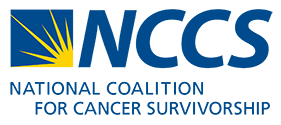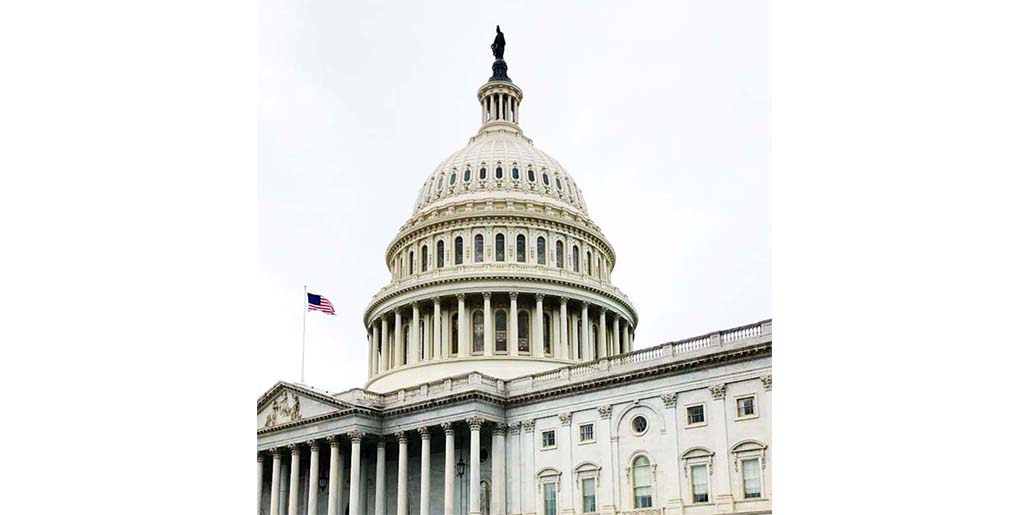NCCS Comments on CMS’s Proposed Revisions to the 2017 Physician Fee Schedule
NCCS submitted comments to the Centers for Medicare and Medicaid Services (CMS) on the proposed revisions to the 2017 Physician Fee Schedule. Our comments noted our support for the Oncology Care Model, but acknowledged that only a minority of cancer care providers and cancer patients will be part of this model. Therefore, changes to the fee-for-service system to foster patient-centeredness are needed to improve quality of cancer care for Medicare beneficiaries.
We supported some specific changes that CMS proposed to recognize the time spent outside the in-person office visit and to reduce the administrative burden associated with using chronic care management codes. We believe that in these proposals, CMS has balanced the needs of patients with the burden on providers, and that increased utilization of the chronic care management codes will enhance care planning and care management for Medicare beneficiaries with multiple chronic conditions, including many cancer survivors.
Additionally, NCCS supported the comments submitted by the Cancer Leadership Council, which made similar points about the need to reduce barriers to providing care management services and using the codes that would reimburse for these services.
Our full comment letter is reprinted below.
PDF Download: NCCS Comments to CMS on the proposed 2017 Physician Fee Schedule »

September 6, 2016
Andy Slavitt
Acting Administrator
Centers for Medicare & Medicaid Services
Department of Health and Human Services
Hubert H. Humphrey Building
200 Independence Avenue, SW
Washington, DC 20201
Re: CMS-1654-P, Revisions to Payment Policies Under the Physician Fee Schedule and Other Revisions to Part B for CY 2017
Dear Mr. Slavitt:
The National Coalition for Cancer Survivorship (NCCS) is a national organization representing survivors of all types of cancer in efforts to foster patient-centered cancer care, including in the medical home setting. We have focused on several critical elements of the cancer care system in our efforts to improve the overall quality of care. We believe that patients should begin their cancer care experience with a shared decision-making process. We also consider patient-centeredness a core element of quality care.
We have lent our strong support to the Oncology Care Model demonstration project, which holds promise for the coordination of care across episodes of care as well as coordination among all cancer care providers. We are especially pleased that the Oncology Care Model includes cancer care planning as one of the elements of care that Oncology Care Model practices must include in their medical home model. Care planning as defined in the Oncology Care Model will encourage patients to consider the goals of their treatment and will foster shared decision-making. These elements of the care process hold promise of improving the “patient-centeredness” of cancer care. For all of these reasons, we believe Oncology Care Model is an important test of the medical home in cancer care. We look forward to its implementation and to evaluation of care that is provided in the model.
Despite our enthusiasm about the Oncology Care Model and the lessons that may be derived from this demonstration project and then replicated, we realize that only a minority of cancer care providers and a minority of cancer patients will be part of this model. We would like to see access to cancer care planning and coordination for patients whose care is reimbursed through the fee-for-service system. These services, as we have stressed above, are critical to fostering patient-centeredness. As a result, we have for years recommended that a new Medicare service for cancer care planning be established. We have offered that recommendation through comments on Physician Fee Schedule updates for previous calendar years and have pursued other actions to establish such a service for cancer patients.
We have in past years expressed our support for establishment of the Transitional Care Management Code, the Chronic Care Management Code, and the Advance Care Planning Code, because these new codes represent important steps toward more effective care management and the delivery of patient-centered care. At the same time, we have urged the establishment of a code that would be specifically targeted to cancer patients and would ensure cancer care planning and management.
Cancer patients would benefit from care planning and management across the continuum of care. However, we note two occasions when these services might be provided with the potential for substantially enhancing the quality of care. After diagnosis and at the time of treatment decision-making, care planning and management services can help to ensure that cancer patients with additional chronic conditions have access to well-planned and coordinated care – care that is coordinated through the episode of cancer care and care that is managed across all medical subspecialists providing care. At the completion of active treatment, cancer patients with additional chronic conditions face substantial challenges in the monitoring of their health status and the coordination of multi-disciplinary care. Cancer survivors may face risks of a wide range of possible late and long-term effects related to their cancer and care treatment, in addition to the challenges of other chronic conditions. Timely follow-up care may be necessary to address these late and long-term effects and ensure high quality of life for cancer survivors after their cancer treatment.
Ensuring the appropriate utilization of the chronic care management codes holds promise of boosting the overall quality of cancer care for Medicare beneficiaries.
Improving Payment Accuracy for Care Management and Patient-Centered Services
In the proposed rule, the Centers for Medicare & Medicaid Services (CMS) stated:
- Recognizing CPT code 99358, for prolonged evaluation and management service before and/or after direct patient care, first hour, and CPT code 99359, prolonged evaluation and management service before and/or after direct patient care, each additional 30 minutes. We believe that these codes, which seek to recognize the resource costs related to time spent outside the in-person office visit to care for Medicare patients, may improve cancer treatment and cancer survivorship planning and management. We hope that these codes will be utilized by providers who are spending substantial time outside the in-person office visit related to the planning and management of cancer care. We have received feedback from cancer care providers that the resources necessary to plan active treatment and to map out survivorship care options are not adequately recognized in existing codes.
- Reducing the administrative burden associating with the chronic care management codes to remove barriers to billing for these services. Although, as noted above, we saw promise in the chronic care codes in connection with cancer treatment planning and survivorship care, we understand that they have not been widely utilized by providers of cancer care. The feedback that we have received is consistent with the conclusions of CMS regarding possible underutilization of chronic care management services, based on the number of eligible Medicare beneficiaries.
We understand that the original standards for utilization of the chronic care codes were intended to ensure the proper utilization of the codes and were also intended to offer certain protections to beneficiaries receiving chronic care management services. However, if the standards for the codes are resulting in underutilization, cancer patients are not seeing any benefits from the codes.
We would not typically support the changes in the consent requirements, the 24/7 electronic access to care plans, or the reliance on fax transmission of care plans to patients. However, in this situation, we think that CMS has balanced the needs of patients against the burden on providers seeking to use the chronic care codes. If this balancing of interests achieves greater utilization of the chronic care codes – including for cancer patients and survivors – it will have been a patient-centered revision of the standards for the codes. We encourage CMS to carefully monitor the utilization of the codes and especially to ensure that that there are conversations between provider and patient supporting patient consent for chronic care services. Patient consent is important because of the cost-sharing requirements associated with chronic care services.
- Establishing a new G-Code to improve payment for visits that are considered initiating visits for chronic care management services. We believe there is some promise that the G-Code for initiating services will eliminate the potential for the initiating visit requirement to impede access to chronic care management.
We appreciate the opportunity to comment on the calendar year 2017 Physician Fee Schedule update proposal. We commend the efforts of CMS to enhance care planning and management for Medicare beneficiaries, including those with multiple chronic conditions.
Sincerely,

Shelley Fuld Nasso, MPP
Chief Executive Officer
# # #
Read more NCCS Policy Comments »





